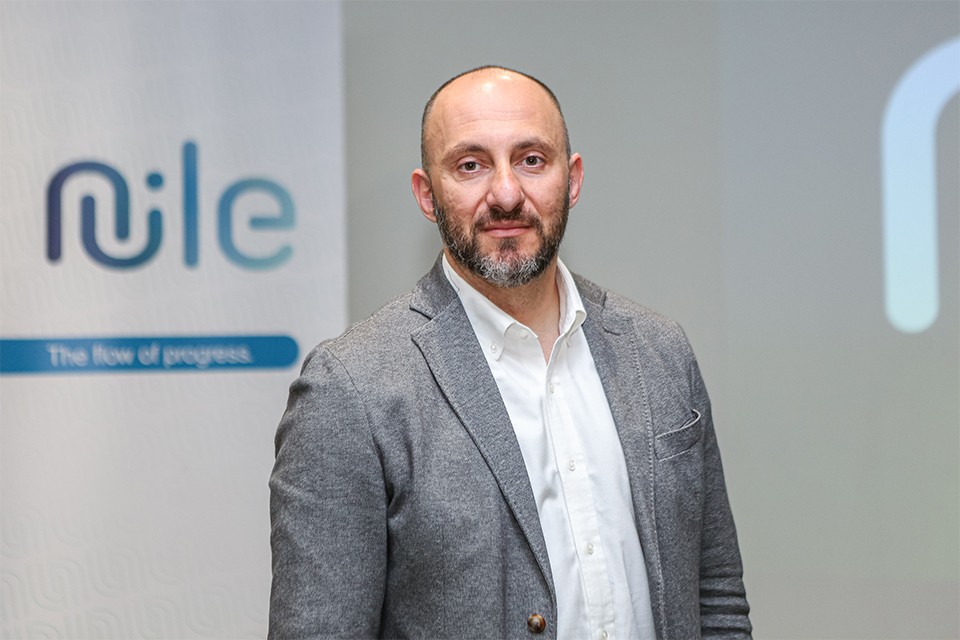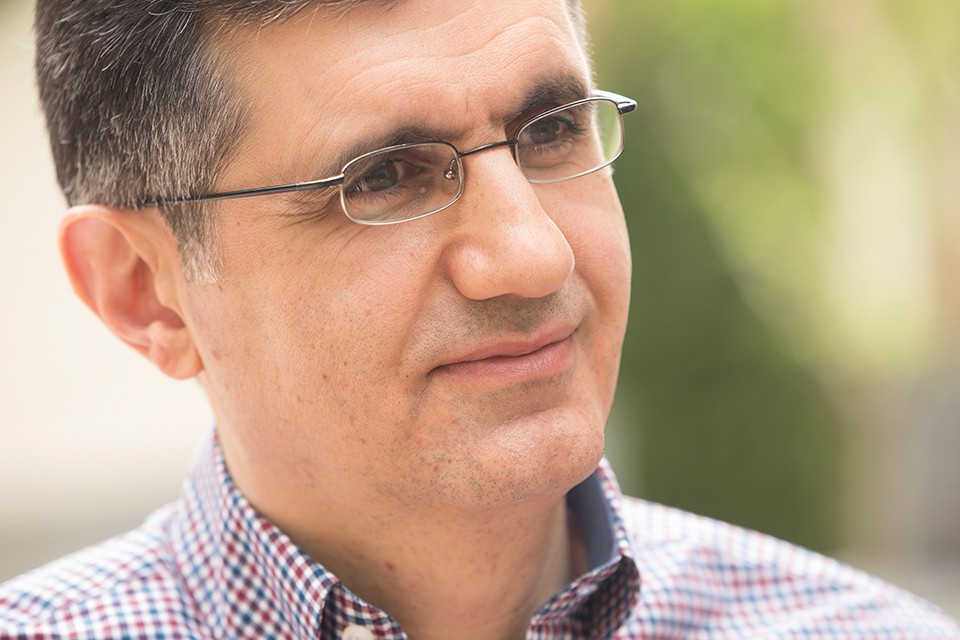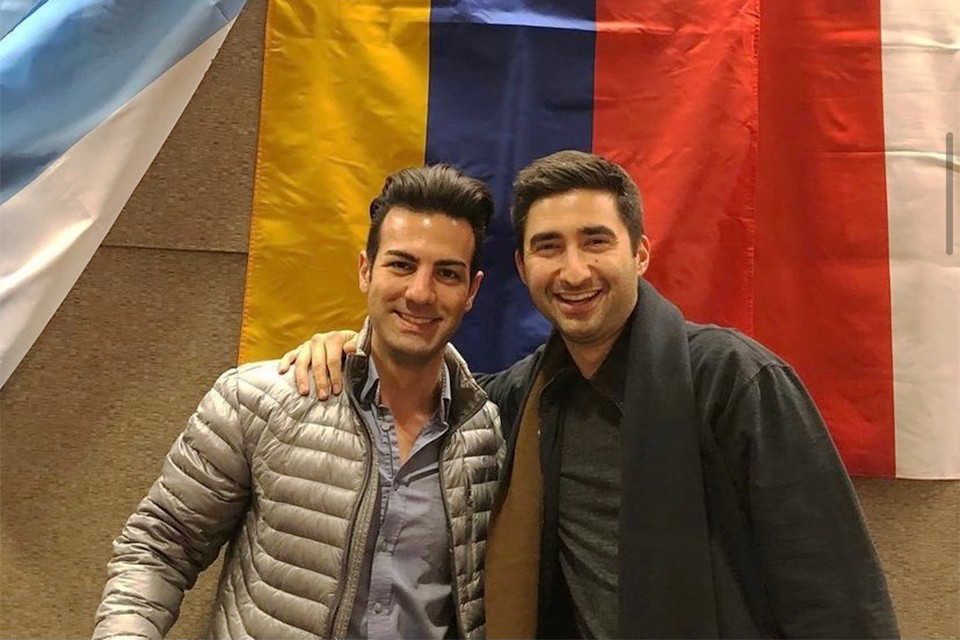16:07 | 06.05.21 | Interviews | exclusive 44832
Leo Petrossian. There are many opportunities for building healthcare companies in Armenia
Leo Petrossian, Chief Executive Officer of Nile AI has recently visited Armenia. The CEO of the US-based health-tech company is planning to expand the company’s activities in Armenia and is currently building a team here.
Itel.am has talked to Leo Petrossian about the company goals and healthcare ecosystem in Armenia.
Nile ai is designed to improve the care for people living with epilepsy, their caregivers, and healthcare providers. Tell us more about your company, including the technology behind it, your mission and goals. What is the role of health technology in the future development of the tech sector in Armenia?
Nile was founded in 2020 through a partnership with UCB, a Belgium-based global pharmaceutical company. UCB has a specialization in the development and marketing of anti-epileptic therapies in particular. Through their extensive work in epilepsy, they discovered a massive problem: from the moment someone has their first seizure, the journey to them finding their ideal therapy takes on average between 5 to 8 years. UCB has given us a mission to help predict outcomes for epilepsy patients and identify which treatments will be the best for each person. Nile uses AI to match patients suffering from epilepsy with the ideal therapeutic regimen.
Most startup companies begin with founders having an idea, and they raise money over the years. Nile began with UCB, so we started a company on day one with about € 25 million investment by them and a world class team. I was the first employee, and I wasn't an employee officially until after the financing was completed. It's a different kind of startup, unlike those where people begin with an idea and test it for a while, hoping to find a market. We had a market, an investor, a customer base with a serious problem, and an opportunity, and UCB charged us with the mission to build a company to solve this issue.
When and how did you first become acquainted with the tech ecosystem in Armenia?
My first visit to Armenia was about five years ago. I had tried to build a company here before, but this time around we are trying differently than we did in the past.
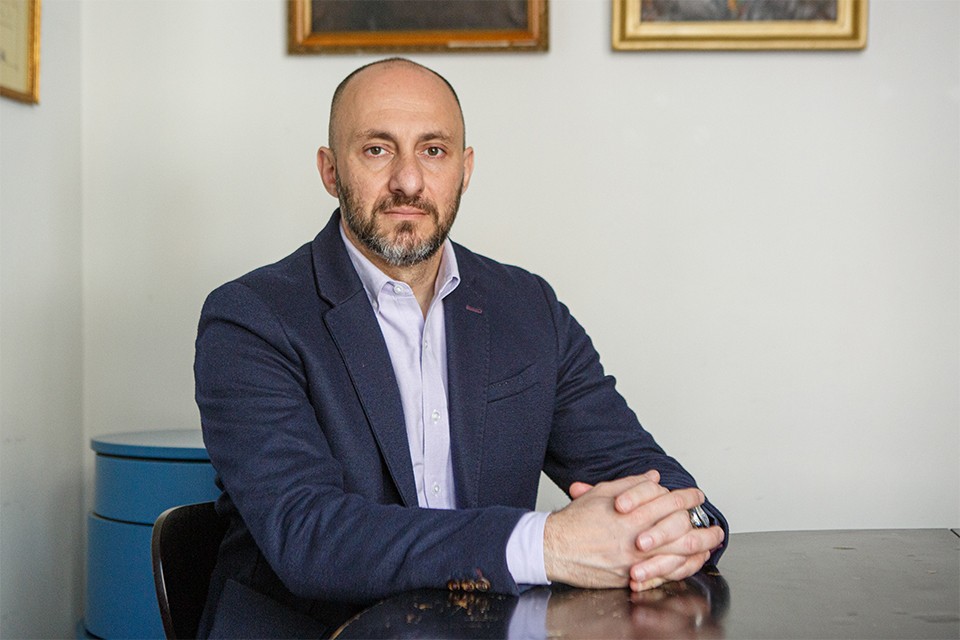
I have visited the country many times since then and we have observed the US-based teams from Disqo and Service Titan coming into the Armenian tech ecosystem and succeeding. They have both started with some investment and successfully built organizations that operate in both territories.
We are not strictly coming in as another IT company but as a healthcare company that is trying to build a healthcare enterprise here.
What factors influenced your decision to establish connections in Armenia?
The fact that I am Armenian is definitely a contributing factor. I can say that the conflict (the 44-day war in Artsakh - Itel.am) has had an opposite effect on my attitude. As COVID-19 struck and the conflict ensued, many people said it was not the right time to invest. My perspective is the opposite: this is the best time to invest here. This is when you can accomplish more, you can get a lot of people to work toward a correct goal. Because of COVID-19, everybody understands the importance of healthcare. Two years ago, in 2019, when everything was booming along with the IT sector, nobody was interested in healthcare as much. Today, healthcare is more interesting everywhere in the world because of the pandemic.
I will reiterate this for the next ten years: I believe that healthcare is an industry that is very well-suited for development in Armenia. If I told you we would start making iPhones in Armenia, you would ask where we would get the parts or how we would ship them, and how we would find 100,000 employees to work in the factory. It's because our country is not suited for high-volume manufacturing of consumer products. It does not have the infrastructure, the supply chain, the workforce, and the ability to ship and receive.
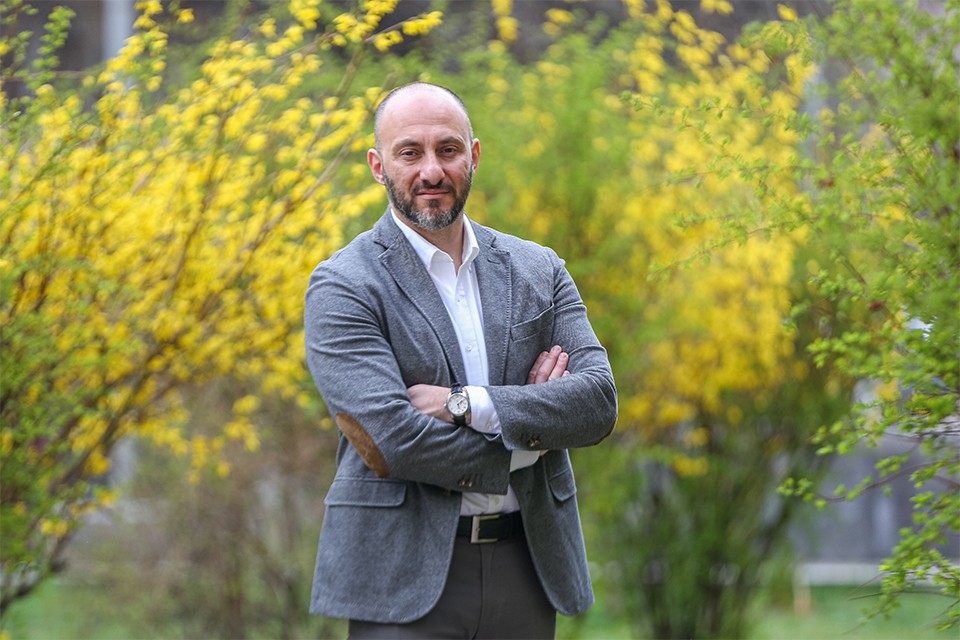
Healthcare, instead, is a field where you can have a small, intelligent group of people build a business and compete globally. It is possible to have a 15-person team here in Armenia, which is doing business in China, Europe, North America, and we can outcompete those countries' providers for a few reasons. Healthcare is very high-margined; healthcare is very low-volume. Healthcare is not automated manufacturing, and there are a lot of opportunities to build healthcare companies.
We spent one week traveling and meeting different kinds of engineers and organizations, and only one piece is missing - the understanding of how to bring ready-made products to the market. And we have people who know how to do that and will be bringing that knowledge to Armenia.
What are your plans in Armenia?
Currently, we are establishing a team in Armenia. Many companies establish a technology team here but that is not what Nile is doing. It’s a piece of the puzzle but more importantly, we are creating another half of our company. Nile will recruit technologists but we also want to have doctors, writers, designers and researchers too, because most companies require more than just engineers to be successful. We aren’t just focusing on hiring engineers here.
In the time that we have been here, we have seen so many brilliant people who are not engineers, and if you look at the market, you will see that the demand for engineers is very high and the compensation is very high. Engineers may appear to be a good investment, but the writers, the researchers, the doctors, the designers - these people are potentially an exceptional investments.
Nile is building a presence and an office; we have officially established our legal entity and will spend the remainder of the year hiring. The most important thing for us is hiring people that want to work in healthcare and be successful working in a regulated industry, because globally, healthcare is highly regulated. Many people are not suited to do healthcare development. It requires patience, and you have to document a lot and test a lot, because everything is about safety. People are used to being in tech development, where there is a new release every day. It is difficult to make the change, but we believe there are enough who will make that change and see what we see. Because tech is the future of healthcare.
What are the challenges that foreign companies face when it comes to working in Armenia? What would you like to see improved?
There are things that we take for granted in the United States and in Europe, because there are a thousand ways to solve a specific problem. Here, sometimes you have to find the solution. For example, we wanted to prepare computers, servers, and network equipment in the U.S., document it and ship it all here, pay the customs, and then install it in our office. We disclosed everything of value so that we could be properly taxed. We paid a lot of money, and it came from Los Angeles to Yerevan in two days. It took us 4 weeks to get it to come out of the customs. Because of bureaucracy, and because we shipped a lot of business equipment, it just took a very long time.
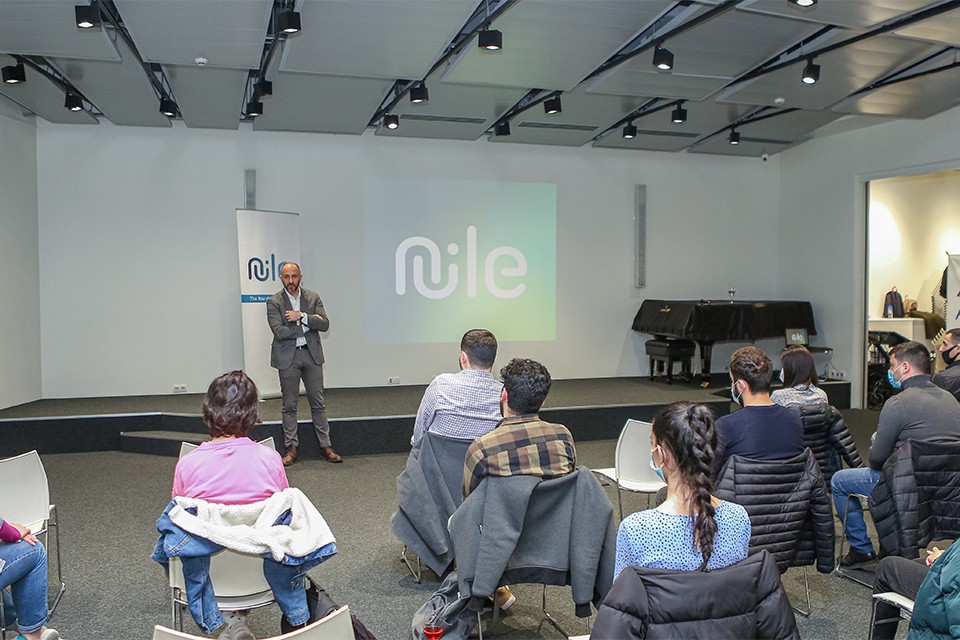
If I am in the U.S. and I ship something from New York to LA and I don't receive it the next morning, I'm angry that it is late. Here, you have to plan for it to be slow.
The other problem is that if you look at the engineering salaries here, the expectations are on par with Western Europe. For an average American, the salary is about $ 40,000 per year, per a household, and the average compensation for a software developer here can be up to two-times that. Families in some parts of Texas live off half as much income as a software developer here, so I can just go find a software developer in Texas and not worry about the time difference. In my opinion, the engineers are not where the most value is. They are wonderful, they are good people, but the real value is in the others. For instance, how much does a doctor earn in Armenia compared to a doctor anywhere in America? 1/20 of the U.S. doctor's income, so if I want to hire three doctors to do research, become experts in this specific disease and teach engineers about it, I can hire them here.
Let’s talk about the upcoming 1-year goals you envision for cooperation in Armenia.
The company has very simple plans. We are a very young company. It was only legally announced in January - three months ago. Our goal for the next year and the next 10 years is to get our platform into more hospitals, get it to be used by more patients, and increase its value over time. We focus on two things as our mission: prediction and control of epilepsy. We need data to build predictive models and then we need appropriate treatments to be available to control and manage the disease. If we are talking 3-5 years into the future, you should ask me how many hospitals and how many patients we want to have reached, because our mission is very straightforward. We are creating with one specific goal in mind.
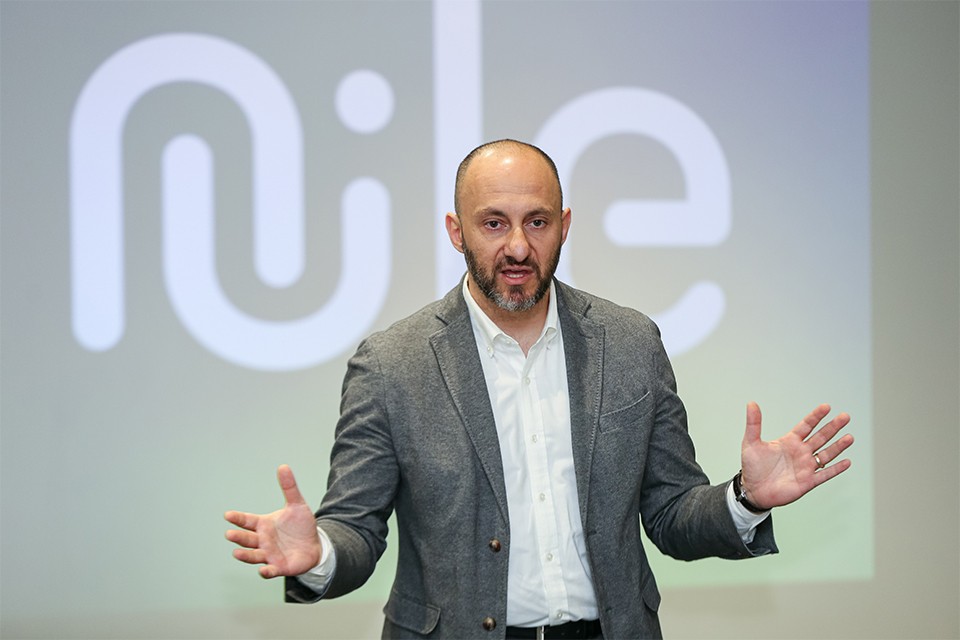
There are the company goals and there are my goals, and those are a little different. The company goals are to establish a presence, a team, and build one global company. I do not want our LA company and our Yerevan office to be two separate organizations. I want them to be one company, to look and be the same. If you are on a Zoom call, I want no one to know which office you are in, because they look the same and you treat your people the same.
Beyond that, I am very encouraged that there are many opportunities to build healthcare companies here and do business outside of Armenia, in Europe and in the U.S.. What I think I am going to spend a lot of time learning about is the ability to export products. If you think about the IT sector, what percentage of the population are software developers? 5% maximum in Armenia. Tech companies come here and hire people, but they impact just 5%. What about the other 95%? There are more opportunities in the other 95%.
I say if a business can manufacture in Switzerland and be profitable, we should be able to make the same product at a much lower cost, and make that product superior enough to compete in Europe and the U.S. - because of the cost of talent here, especially non-IT talent. With $100,000, I can hire a team of 5 people for a year and resource them to build a product.
The problem is that to do that, you need to understand not just how to make the product but how to make it regulation-ready to be marketed in Europe, and that is the hard part. How do I document the product to sell it in Germany or France, for example? Unlocking the U.S. market is a lot harder than selling products in Russia. In my opinion, this is where there is a lot of opportunity - exporting medical devices from Armenia to European, U.S., and Chinese markets. The way that markets work with regulation, every country has almost the same difficulty of regulation, so you better pick a big market. The three biggest are the U.S., Europe, and China. In the U.S. there are 7,000 hospitals, and they will give you $ 250,000-300,000 per device. Europe has 17,000 hospitals and one regulation system, pass it and you are in the market. In the U.S. it is easy: one clearance, one language; Europe means one clearance, many languages; China is one clearance, one language. What you want is not ten clearances, ten languages.
Leo Petrossian was interviewed by Narine Daneghyan

17:29 | 24.09.25 | Articles
Jacopo Losso on Cross-Border Investments and Why Armenia Attracts Angels

